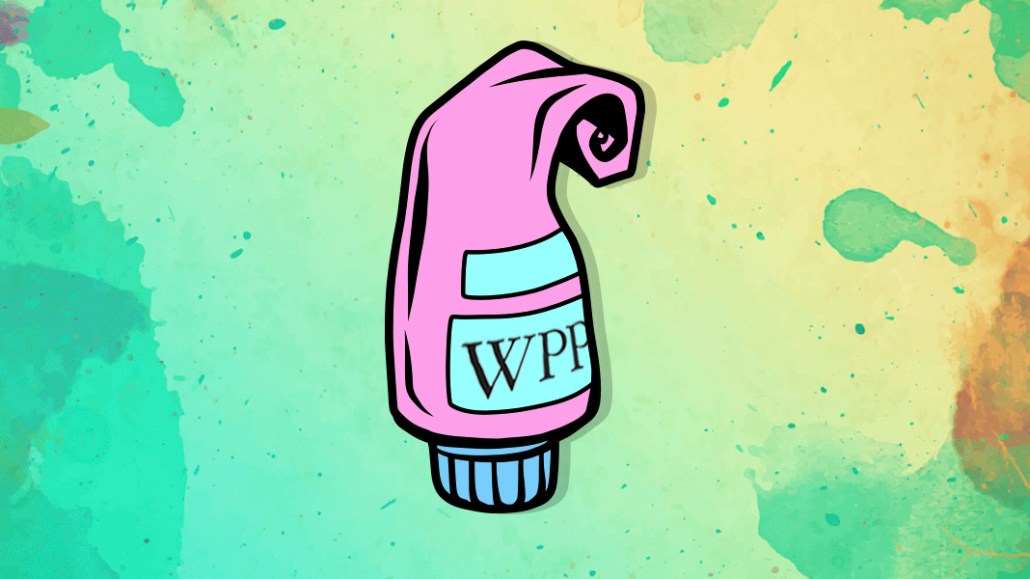Secure your place at the Digiday Media Buying Summit in Nashville, March 2-4

WPP’s woes could be fortuitous for clients looking to squeeze better terms from their agencies.
A week after the abrupt exit of the holding group’s CEO Martin Sorrell, Ford said it plans to review how it spends $4 billion with the beleaguered business. While Ford’s review isn’t a direct response to Sorrell’s departure, it comes at an inopportune time for WPP.
Sorrell was widely regarded as a major factor in Ford’s loyalty to WPP. Ford’s account, which is made up of various members from J. Walter Thompson, Y&R and Ogilvy & Mather, has been under pressure for months as part of a wider revamp of its marketing model, and the company’s CEO Jim Hackett does not have the ties to WPP that his predecessor did.
Providing better transparency on costs, the right to audit campaigns and the best talent are routinely flagged by big advertisers as areas agencies need to address, and it would be a surprise if Ford doesn’t address any of those issues during its review. After all, the business hasn’t said it will ditch WPP completely — it just wants something different.
Aside from Ford, the holding group is already having to defend $3 billion dollars in advertising and media spend for Shell ($200 million), Mars ($1.5 billion), Jaguar Land Rover ($500 million) and Kimberly-Clark (800 million). WPP’s coffers could also take a hammering from big spenders Procter & Gamble and Unilever, two advertisers on a mission to work with fewer agencies. It is unlikely that these advertisers would use Sorrell’s departure specifically as an excuse to break away from WPP, unless they previously wanted to.
Sorrell’s departure could be seen as a disadvantage to WPP’s defense of those accounts in one sense, should it raise doubt in the client’s mind about the group’s ability to change, said Tom Denford, chief strategy officer at ID Comms, the consultancy advising Mars on its media review. On the other hand, he said, Sorrell’s resignation gives WPP’s new management a blank slate with which to design an entirely new approach for Ford, affording its agencies the flexibility to address the client’s needs from the ground up.
No wonder procurement departments smell blood even as their marketing counterparts say they’re willing to pay more for creative talent and quality media planning and buying expertise. With Mediapalooza 2018 in full force and reduced fees looking more likely, procurement departments are dissecting spend more than ever. They realize that unless their businesses have a robust media agency contract, which has auditing clauses covering not only their appointed media agency, but also all other companies within the group, then there is no way that advertiser can get its fair share of the rebates.
Agencies “really do need to think about how they operate,” said Mark Butterfield, marketing consultant and former consulting firm executive. He added: “The days of milking the money out of digital are going but not gone, but clients who have a contract that is a few years old will certainly want to rewrite it based on the new environment.”
More in Media

WTF is a creator capital market?
What is a creator capital market, what does it mean for creators looking to diversify revenue, and why is it so closely tied to crypto?

Media Briefing: Publishers explore selling AI visibility know-how to brands
Publishers are seeing an opportunity to sell their AI citation playbooks as a product to brand clients, to monetize their GEO insights.

Creators eye Snapchat as a reliable income alternative to TikTok and YouTube
Figuring out the Snapchat formula has been very lucrative for creators looking for more consistent revenue on a less-saturated platform.





